|
Making a Murderer's Moira Demos: 'This moment we find ourselves in our work is more important than ever'
The 32nd Annual IDA Awards over the weekend served as an occasion for congratulation, celebration and libation. But importantly it also provided an opportunity for reflection -- on the state of America post-election and the role of the documentary community in a Trumpian world.
IDA Executive Director Simon Kilmurry framed the issue at the start of the awards show, telling the audience, "Together we are a formidable group who believe deeply in truth and now we must join forces and fight for all that is good and right." Comments from the night's winners, presenters and host made it clear what constitutes "all that is good and right": affirmation of a fact-based reality, a rejection of the politics of fear and ardent defense of freedom of speech. In other words, defiance of all that is implicit and explicit in Donald Trump's candidacy and now transition to power. Despite what you may have heard, there is something called the truth.
Only in the aftermath of the election is it becoming clear the degree to which the cascade of lies from Trump and -- just as significantly -- fake news stories that reinforced a pernicious narrative around his opponent, proved decisive in his Electoral College victory (if not in the popular vote).
The night's honorees -- deeply invested in the concept of a shared reality that must be explored and understood -- spoke forcefully of the importance of countering the basis for Trump's triumph, rooted as it was in falsehoods and an apparent intent to gaslight the American public. Nonfictionfilm.com compiled quotes that addressed this matter directly: We draw a clear line between documentary work and the need to create an informed electorate. Our democracy needs this work more than ever.
SHARE THIS:
Lyn Lear, along with her husband Norman Lear, accepted the IDA's Amicus Award recognizing their longterm support for documentary film. She told the crowd of a particular moment in the post-election period that she found difficult to process.
Last week when I was watching the news with my husband and [heard] Gen. [Michael] Flynn was appointed as our National Security Adviser I really lost it. I totally lost it for the first time since the election. I felt as though my country was crumbling beneath me. This man who, along with his son, had put fake news -- about the Clintons hosting a child sex ring -- on Twitter, was going to be, or is going to be, the Henry Kissinger of the Trump Administration. I just grasped Norman's hand and held it close and started to cry. I share the sentiments of Mrs. Lear. There are some days when it makes it so difficult when we turn on the TV... to watch it. But we will all stick together and we will all persevere. As we enter a very dangerous time in our country with a President-elect who does not seem to understand, much less cherish, the Constitution, I am happier than I am able to express that there is an International Documentary Association to fight for the First Amendment.
Two women offered a European perspective on the significance of the election and the task facing the documentary community. One of them, Ally Berks, founder and director of IDFA [International Documentary Film Festival Amsterdam], received the IDA's Pioneer Award recognizing her contributions to the field. In her remarks she addressed the present dilemma, one where information spews, often untethered from fact.
"Increasingly we are living in an accelerated world, a world that is almost spinning out of control, a world in which the mass media and politicians are creating a climate of fear, anxiety and stress for us all. There's a continuous barrage of news clips and internet clips, fragments of half-true stories, fractured facts, an image storm of focus and soundbites, the mass media talking at you, a world of information gone wild." Derks continued, "Documentary, on the other hand, paints a different picture of the world. It's about real issues, real people, real human tragedy and triumph. Taking its time, docs can go deeper than news goes -- from one hot news event to another, from a war zone to another natural disaster somewhere else. Documentary in all its different forms can change people and people can change the world." The new documentary revolution is about the power of audiences and documentary filmmakers to become active instead of passive citizens. And our world needs this right now more than ever.
Danish native Mette Hoffmann Meyer preceded Derks to the stage, accepting the award for Best Curated Series for her program DR2 Dokumania.
After the election we were really devastated, and we still are in Europe, how this madman can walk into the White House.
Moira Demos and Laura Ricciardi won Best Limited Series for Making a Murderer. From the podium Demos alluded to something the election made apparent -- that some progressives had lost touch with the experience of a substantial group of Americans -- in small towns and rural environs, people of limited means and modest education.
Their 10-part Netflix series focused on Steven Avery, once and possibly twice the victim of a miscarriage of justice. He hails from Manitowoc County in Wisconsin -- a state, incidentally, that went to Trump. It's clear that with our new President-elect this is a threat to everyone around the world. Now more than ever it's important that we tell stories about America. In our 10-year journey [on Making a Murderer] there were many times when it was very hard to find support to do a project that was about America. And it's clear that that's a very important thing that we need to look hard at and we need to understand better what's going on here.
Honoring filmmaker Stanley Nelson with a career achievement award, the IDA hailed him as an "indefatigable chronicler of the African-American experience." Nelson devoted a good portion of his acceptance remarks to the post-election reality.
There's been a lot of talk about what's happened in the last few weeks and the word I found myself repeating -- and I'm not sure why -- every morning and every night, the word that I've been repeating to myself is kindness. I'm trying to travel through the world with kindness...
Finally, the remarks of Chinese documentarian Nanfu Wang are important to note. She received the IDA's Emerging Documentary Filmmaker Award, in recognition of her film Hooligan Sparrow, about a courageous woman who has exposed official corruption and misconduct, and sexual abuse of women in China, much to the consternation of the government. Chinese officials have tried to stifle her work through harassment, intimidation and imprisonment.
Wang did not address the election of Donald Trump. But in describing the tactics of the Chinese government her words offered a warning about a society where democratic ideals are trampled under authoritarianism -- and the responsibiilty of documentary filmmakers in such circumstances. There are a lot of filmmakers in China like me but oftentimes their footage got confiscated. They face arrest and their films never reach an audience. I could stand here today because my friends smuggled the footage out for me... Since three days ago when the film was shortlisted for an Oscar my subjects in China have been visited by police three times already... And the national security agents went to my family and told them to warn me not to say anything negative about China in public. And they told them that they are monitoring what I say. |
AuthorMatthew Carey is a documentary filmmaker and journalist. His work has appeared on Deadline.com, CNN, CNN.com, TheWrap.com, NBCNews.com and in Documentary magazine. |
- Home
- News
- Videos
-
Galleries
- 2019 Tribeca Film Festival
- Full Frame Documentary Film Festival
- 2019 SXSW Film Festival
- SXSW 2018 Gallery
- 2019 Sundance Film Festival
- Outfest 2018 Photo Gallery
- Outfest 2017
- Sundance 2018 Photos
- 2017 LA Film Festival
- 2017 Cannes Film Festival
- Tribeca Film Festival 2017
- SXSW 2017 Gallery
- 2017 Berlin Film Festival
- Sundance 2017 Gallery
- 2016 Los Angeles Film Festival
- Cannes Film Festival 2016
- SXSW 2016 Gallery
- Berlinale 2016 Gallery
- Sundance 2016 Gallery
- Filmmaker Gallery
- About
- Contact
Proudly powered by Weebly
- Home
- News
- Videos
-
Galleries
- 2019 Tribeca Film Festival
- Full Frame Documentary Film Festival
- 2019 SXSW Film Festival
- SXSW 2018 Gallery
- 2019 Sundance Film Festival
- Outfest 2018 Photo Gallery
- Outfest 2017
- Sundance 2018 Photos
- 2017 LA Film Festival
- 2017 Cannes Film Festival
- Tribeca Film Festival 2017
- SXSW 2017 Gallery
- 2017 Berlin Film Festival
- Sundance 2017 Gallery
- 2016 Los Angeles Film Festival
- Cannes Film Festival 2016
- SXSW 2016 Gallery
- Berlinale 2016 Gallery
- Sundance 2016 Gallery
- Filmmaker Gallery
- About
- Contact

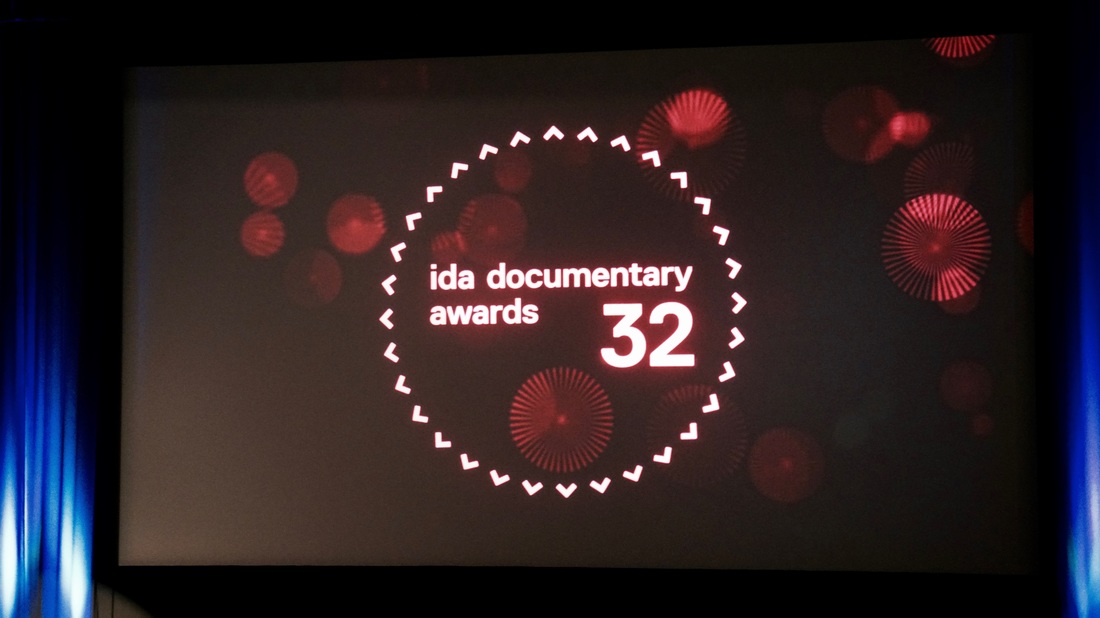
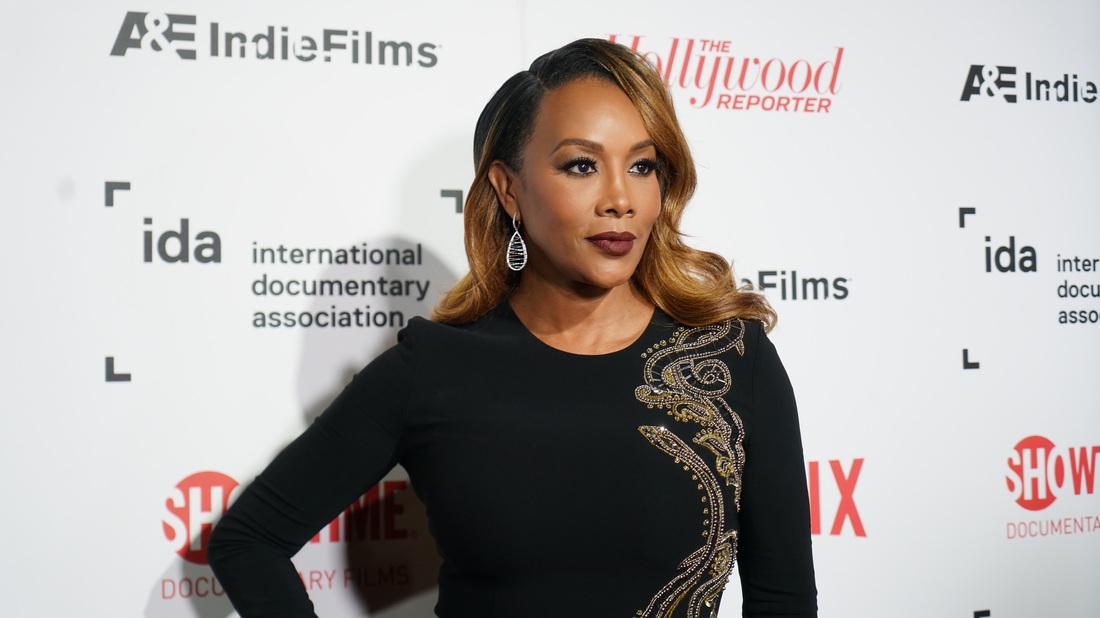
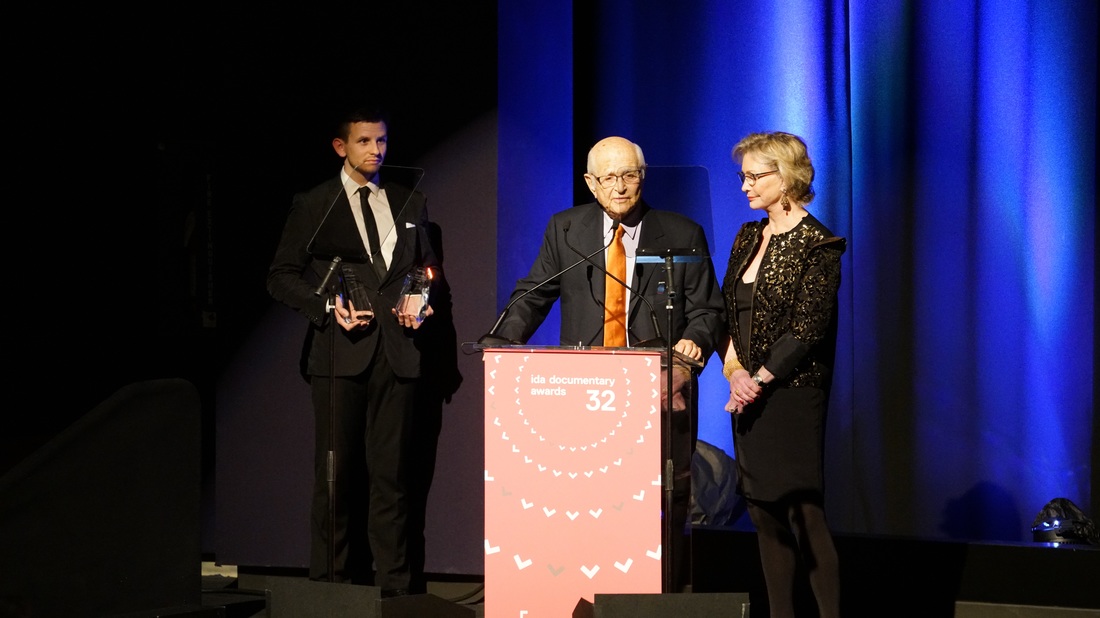
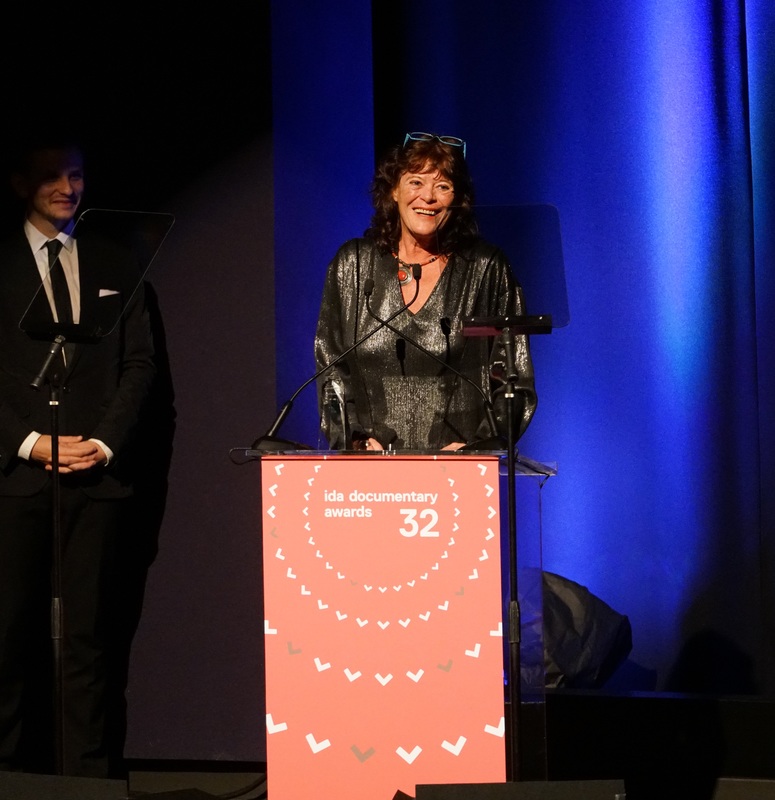
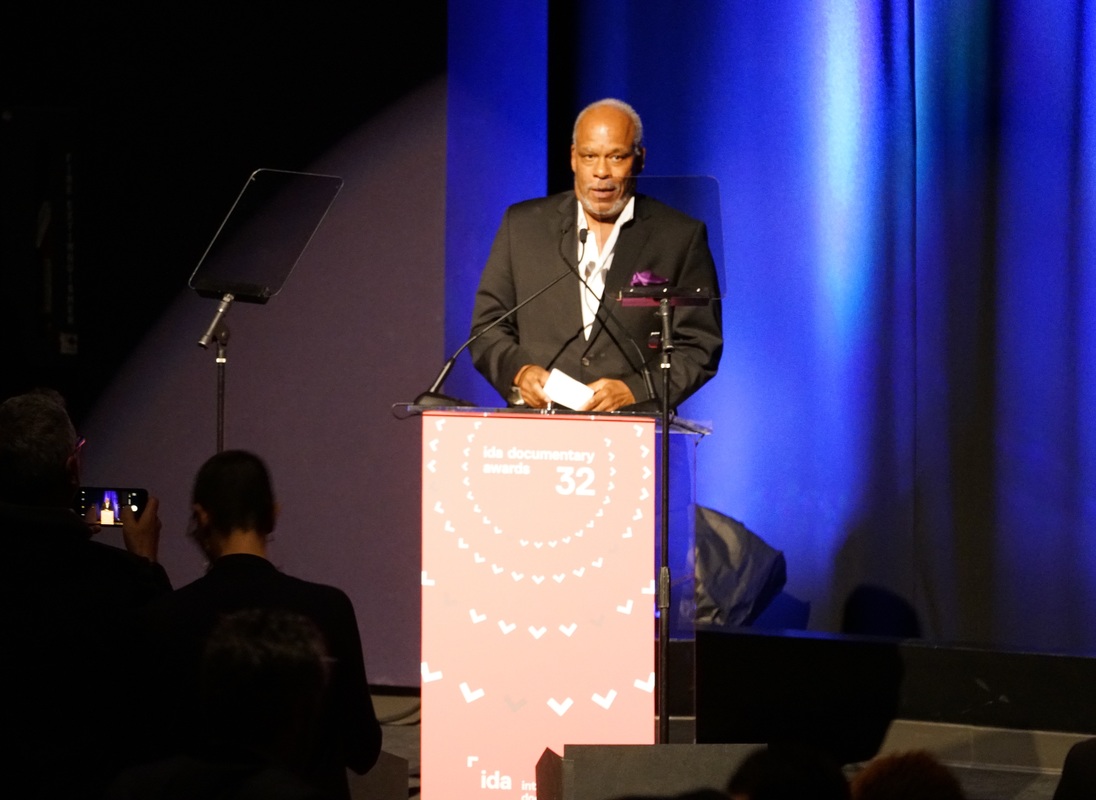
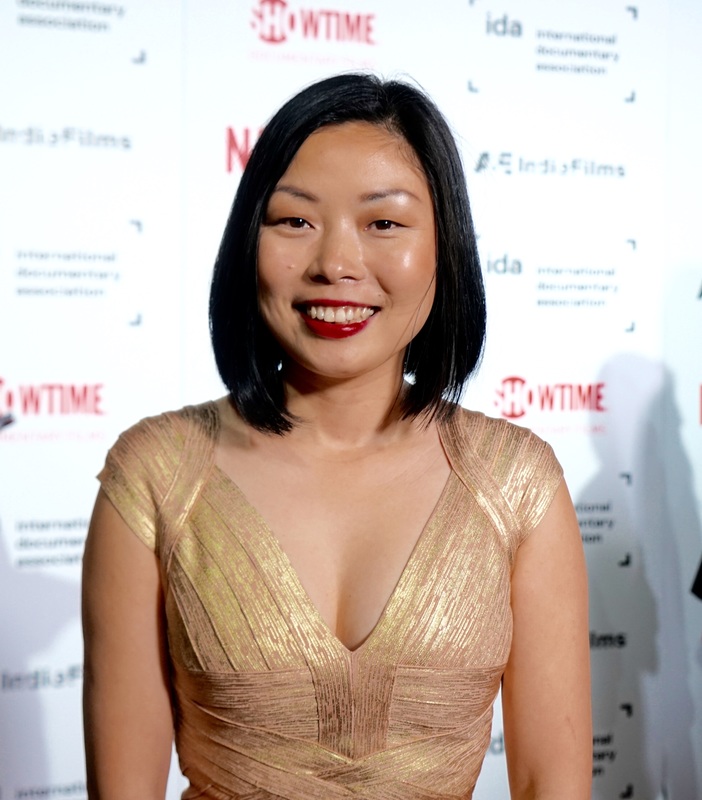
 RSS Feed
RSS Feed